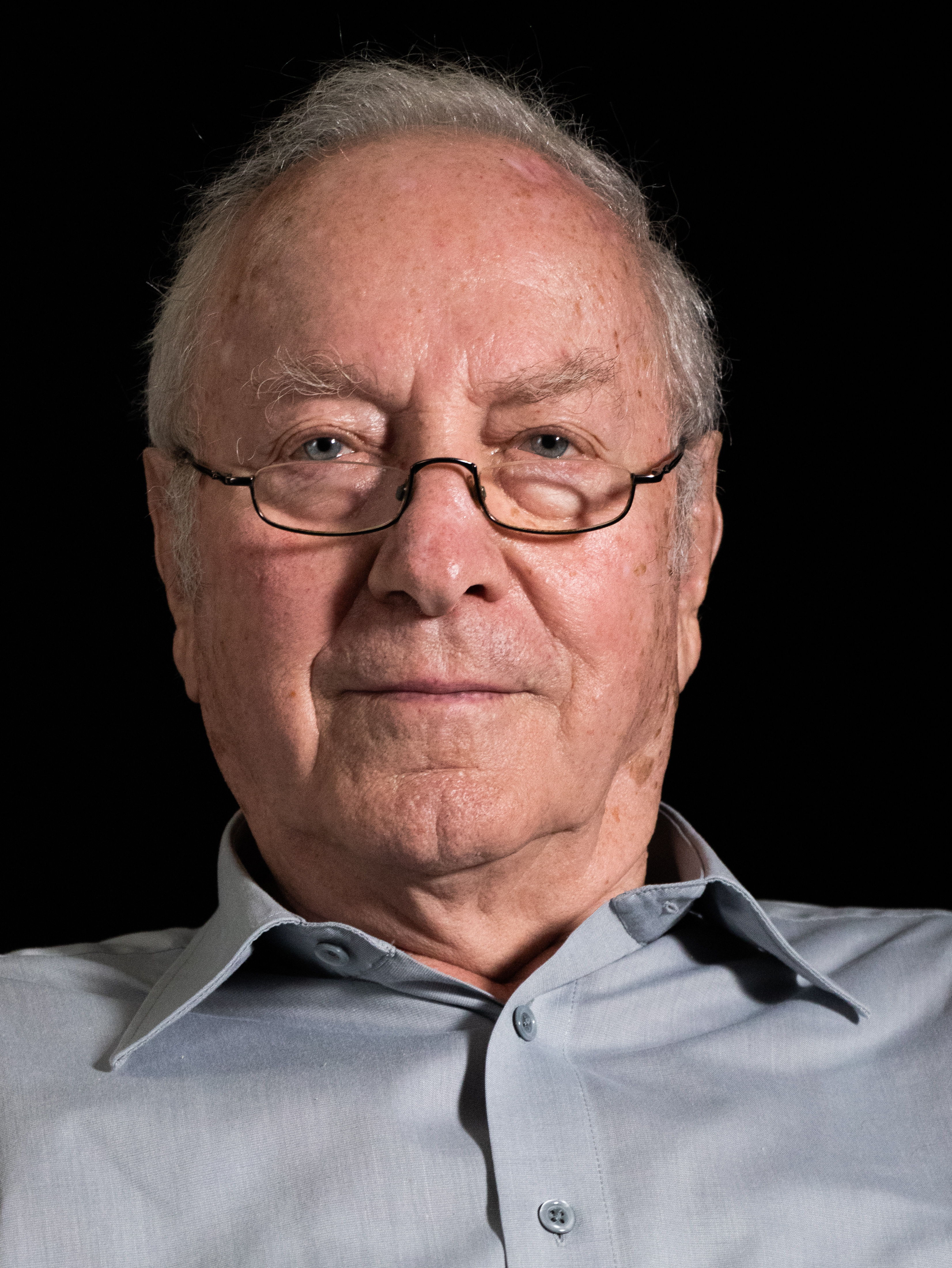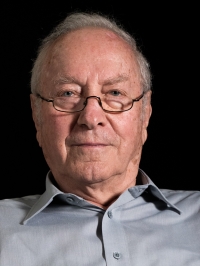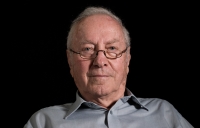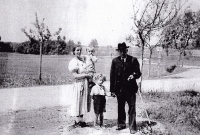A Cheb musician by heart and soul

Download image
Hermann Sehr was born on June 8, 1938 in Bernartice in the Tachov region in western Bohemia. However, his parents lived in the Cheb region, first in Altalbenreuth (Mýtina) and later in the former customs house in Boden. Hermann had younger brother. In 1941, their father died in the war and their mother Barbara was left alone with the boys. After the war, they had to move to the settlement of Boden. On August 8, 1946, the mother and sons decided to flee to Bavaria because she was afraid of being deported to the Soviet zone. Until 1952, the family lived in emergency housing in Neualbenreuth. From 1952 to 1955, Hermann Sehr studied in a violin workshop in Bubenreuth, led by violin masters displaced from Luby near Cheb. Here he also learned to play wind instruments, which paved the way for his career as an army musician in the Bundeswehr. For his services, he received numerous honors, including the Golden Cross of Honor of the German Army in 1992. He is married and now also a happy grandfather.


